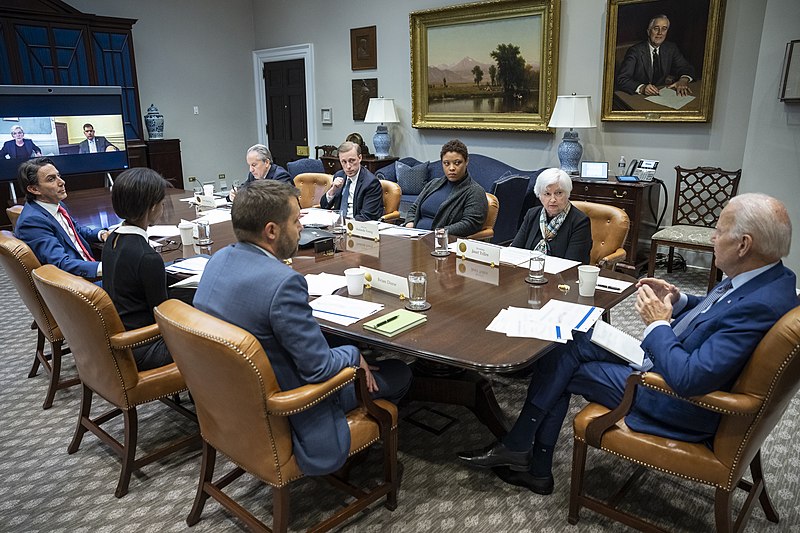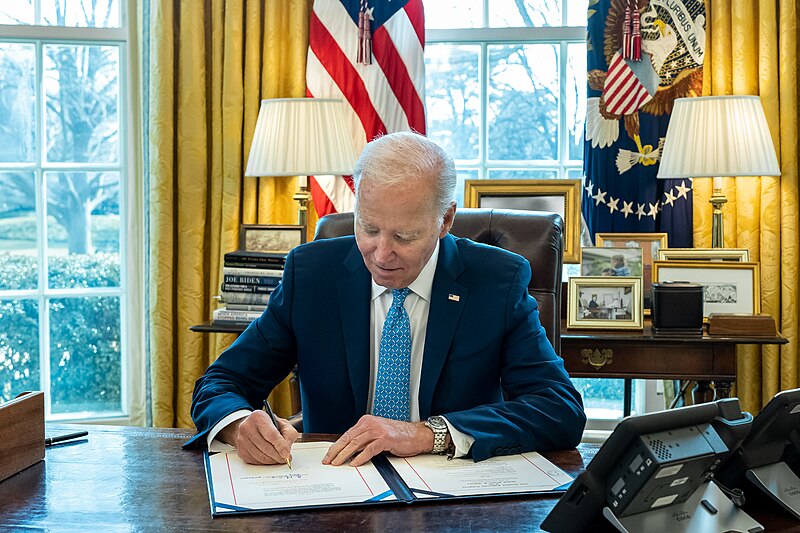Hello, and welcome to thinkspot. Our goal is to provide a place that fosters a free flow of ideas, unbound by censorship or ideology. Our Free Speech Statement provides a more detailed explanation of our commitment to open discourse.
These Terms of Use are intended to protect your own right to free speech, as well as our ability to provide this platform for you. Please read these terms carefully, as they require arbitration on an individual basis, and generally form a binding contract between you and us.
Effective January 29, 2020
Acceptance of the Terms of Use. You are entering into these Terms of Use with thinkspot Inc., a Delaware corporation (also referred to as "we," or "us"). These terms govern your use of our website and the content, functionality, and services on our website, which we refer to collectively as the “Website.” You agree to these terms, our Privacy Policy, our Community Guidelines, and other policies on our Website by using the Website or by accepting these terms when you create an account with us.
Changes to These Terms. We may change these terms from time to time. We will notify you of substantive changes to these terms by posting an update on our Website or through the contact information you have provided to us. You can review the most current version of these terms here. The current terms apply to your use of the Website. You agree to any such updated terms by continuing to use our Website.
Your Conduct. We want our Website to be a place where people of all ideologies can share ideas. So please don’t misuse our Website. You may use the Website only for lawful purposes. You agree not to:
(a) use the Website in a way that violates any law, including laws related to infringement upon or misappropriation of intellectual property rights; defamation; obscenity; incitement and fighting words; and privacy;
(b) use the Website for any unauthorized, fraudulent, or malicious purpose;
(c) engage in any other conduct that restricts or inhibits anyone's use of the Website or that may harm us or other users of the Website;
(d) use the Website in any manner that could disable, overburden, damage, or impair our Website;
(e) use any robot, spider, or other automatic device, process, or means to access the Website for any purpose, including monitoring or copying any of the material on the Website;
(f) access systems, data, and information not intended by us to be made accessible to a user;
(g) obtain or attempt to obtain any materials or information through any means not intentionally made available by us; or
(h) use the Website for any other reason than the purpose for which it was intended.
It is imperative to us that the Website allows for total freedom of expression consistent with our Free Speech Statement. However, we continue to reserve the right to suspend your account for violating these terms.
For Contributors. You are a contributor if you have a “contributor account” on our Website. This section applies to you if you are a contributor. Our Website allows supporters to pay contributors. To receive payments from supporters, you will need to provide us with your payment information verification. You authorize us to retain a portion of amounts paid by supporters as a fee for use of our Website. The fees that we retain will be documented and sent to you for your records. We may also deduct any fees, such as foreign transaction fees, that are required for us to transfer payments to you. You appoint us as your agent to receive payments from your supporters, collect those payments, and then send them to you. You are responsible for all taxes on your payments. We are not responsible for any amounts that we have not received from supporters. If you commit to provide certain content to your supporters through our Website, it is your, not our, responsibility to provide that content. If we receive a complaint from a supporter stating that you have not provided content that you committed to provide, you will work with the supporter and resolve the issue directly with the supporter.
For Supporters. You are a supporter if you pledge money to us or our contributors. To pledge money, please provide the payment information requested on our Website. You authorize us to use your payment information to collect your pledges to us or to pay your pledges to contributors (and deduct certain fees for our operational expenses and your use of our Website) at the frequency and in the amounts you indicate or agree to with us or each contributor. These payments may be made on a periodic basis, such as monthly or yearly, or as one-time payments. We are not responsible for any fees, such as foreign transaction fees, imposed on your payments. You acknowledge that your payments are likely not tax deductible and that we are not responsible for the content from contributors. You may also lose access to certain contributor content if you cancel your pledges to a contributor. We have no obligation to refund any payments you have made in connection with the Website.
Our Platform and Your Content. Our Website is intended to be an open forum. We are not responsible for any content provided by any contributor or users of the Website. We are not actively monitoring or approving content or comments posted by contributors or users. However, we may remove any content or comments from contributors or users at any time if we deem the content is in violation of law or otherwise violates these terms. We will not modify any content or comments. We take freedom of expression seriously. We will therefore not remove content or comments without serious consideration. We may update our Website by adding or removing features at any time. We will not be liable if the Website is unavailable.
Your Account You must also be at least 18 years old to use the Website. To access the Website or some of its resources, you may be asked to provide certain registration details or other information. Your account is personal to you. You are responsible for all activities under your account. You will also ensure that all registration information you provide on the Website is correct, current, and complete. We may take actions consistent with our privacy policy with respect to all information you provide to the Website. We refer to all information you (as a contributor or user) provide to the Website as “User Submissions.” You represent and agree that all User Submissions are submitted voluntarily and on a non-confidential basis. You hereby grant us and our sublicensees a worldwide, royalty-free, non-exclusive, transferable, perpetual, and irrevocable license to use, distribute, transmit, reproduce, modify, publish, translate, publicly perform and display, and create derivative works of your User Submissions. Our intent is for this license to allow us to run the Website and promote discussion. You represent and warrant that you have all rights necessary to grant the rights in this section and that use of your User Submissions by us does not violate any law.
Intellectual Property Rights. We or our licensors own the Website and its contents (except User Submissions), features, and functionality its licensors. The Website is protected by various intellectual property laws. You will not reproduce, distribute, modify, create derivative works of, publicly display, publicly perform, republish, download, store, or transmit any of the material on our Website without our written consent. These terms do not give you any ownership rights in the Website.
Feedback. If you provide us with any feedback or suggestions regarding the Website, you hereby assign to us all rights in such feedback or suggestions and agree that we shall have the right to use such feedback and suggestions in any manner we deem appropriate. We will treat any feedback or suggestions you provide to us as non-confidential and non-proprietary. You agree that you will not submit any information or ideas that you consider to be confidential or proprietary.
Disclaimer of Warranties. We provide our Website on an “as is” and “as available” basis, without any warranties. We make no warranties for the security, quality, or availability of the Website. We also specifically disclaim warranties of merchantability, non-infringement, and fitness for particular purpose.
Limitation of Liability. TO THE FULLEST EXTENT PROVIDED BY LAW, WE AND OUR AFFILIATES WILL NOT BE LIABLE FOR ANY INCIDENTAL, CONSEQUENTIAL, OR PUNITIVE DAMAGES RELATED TO THE WEBSITE OR THESE TERMS. OUR AND OUR AFFILIATES’ TOTAL LIABILITY TO YOU FOR CLAIMS AND DAMAGES RELATED TO THE WEBSITE AND THESE TERMS WILL NOT EXCEED THE GREATER OF (a) THE FEES RETAINED BY US FOR YOUR USE OF THE WEBSITE DURING THE 12-MONTH PERIOD IMMEDIATELY PRECEDING THE EVENT GIVING RISE TO THE CLAIM, OR (b) $100 US DOLLARS. YOU ALSO WAIVE ALL CLAIMS AGAINST US, OUR AFFILIATES, OR OTHER WEBSITE USERS BASED ON CONTENT CREATED BY OTHERS AND SUBMITTED TO THE WEBSITE.
Indemnification. You will defend, indemnify, and hold harmless us, our affiliates, and our respective officers, directors, employees, and agents from all liabilities, losses, and fees from third-party claims relating to your use of the Website, your User Submissions, or your violation of these terms.
Arbitration and Governing Law. You will submit any disputes arising from these terms or the Website to final and binding arbitration under the rules of arbitration of the American Arbitration Association. The seat or legal place of arbitration will be California. You agree to arbitrate in your individual capacity only – not as a representative or member of a class – and you expressly waive any right to file a class action or seek relief on a class action basis. Furthermore, unless you and us agree in writing, the arbitrator may not consolidate more than one person’s claims, and may not otherwise preside over any form of a representative of class proceeding. All arbitration proceedings are confidential. These terms will be governed by the laws of the State of Delaware without giving effect to its conflict of laws provisions. Any claim you have arising out of or relating to these terms or the Website must be commenced within one year after the claim accrues. Otherwise, the claim is permanently barred.
Copyright Complaints. We respect intellectual property rights. We will respond to notices of copyright infringement that comply with applicable law, including the Digital Millennium Copyright Act, and take appropriate action, which may include removal of infringing content. Our policy is to terminate the accounts of repeat infringers. Please see our DMCA Takedown Notice and send your notices of copyright infringement to our agent:
Copyright Agent
thinkspot Inc.
340 S. Lemon Street, #3910
Walnut, CA 91789
copyright@thinkspot.com
General Legal Stuff. If any provision of these terms is deemed unenforceable by a court with jurisdiction or by arbitrator, it will be modified to the extent necessary to make it enforceable. We may assign these terms without notice to you. You may not assign these terms or assign, transfer, or sublicense your rights to use the Website, and any attempt by you to do so is void. Our failure to act with respect to a breach by you or others does not waive our right to act with respect to subsequent or similar breaches. These terms (including any incorporated terms) constitute the entire agreement between you and us with respect to the Website and its contents. Neither these terms nor the Website create any partnership, joint venture, employment, or other agency relationships between us.
“I may not agree with what you have to say, but I will defend to the death your right to say it.”



